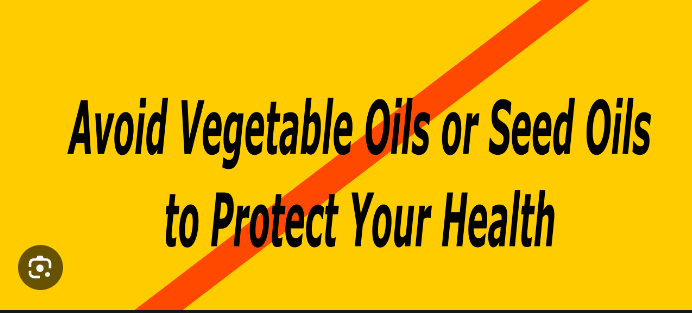Learn the truth about vegetable and seed oils. Learn which cooking techniques to use, the healthiest seed oils, and how to preserve your oil.
The “hateful eight” might be the band of violent travelers from a Quentin Tarantino movie, but they’re also an octet of seed oils that social media influencers have deemed toxic:
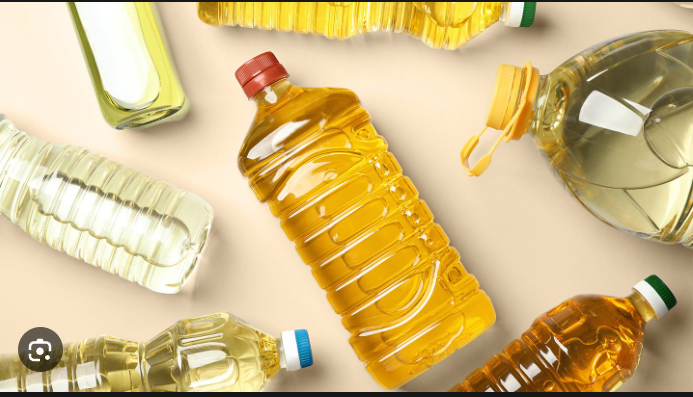
Also read-The Best Foods for Kidney Stone Prevention
- Canola oil.
- Corn oil.
- Sunflower oil.
- Safflower oil.
- Soy oil.
- Grapeseed oil.
- Rice bran oil
- Cottonseed oil.
Experts say scientific evidence doesn’t support these claims, so we’ve unpacked the good and the bad about these vegetable oils made from the seeds of a plant. We’ll also take a look at other vegetable oils.
What are seed oils and vegetable oils?
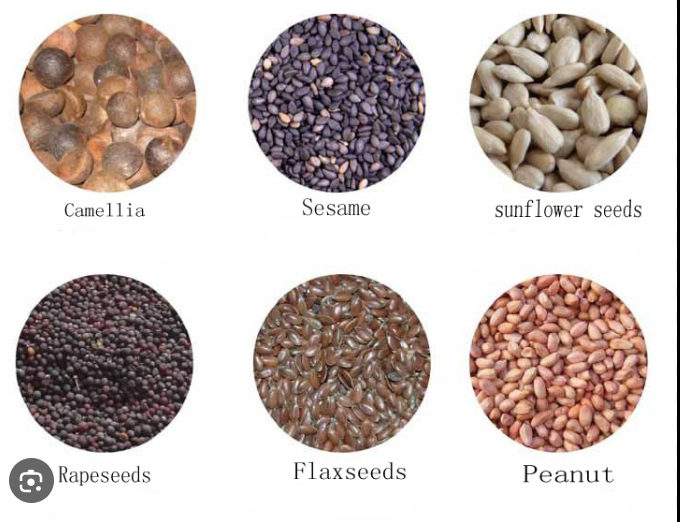
Vegetable oils are edible oils that are extracted from plants or seeds, including coconut oil and olive oil. The oils that are especially derived from plant seeds include the so-called “hateful eight” and other seed oils.
Jeanne Freeland-Graves, the Bess Heflin Centennial Professor and division head of nutritional sciences at the University of Texas at Austin, explains that when you crush a seed, oils come out. It’s something we’ve been doing for centuries.
This method of oil extraction is referred to as “cold-pressing,” which denotes that no heat is used to create the oil. Although cold-pressed oils often yield lesser amounts and may contain more nutrients, they have a shorter shelf life.
These cold-pressed oils, Freeland-Graves notes, may also be cloudier. To refine the oil and reduce the cloudiness, manufacturers sometimes use heat, which oxidizes or breaks down the oil. They might also use other chemicals or pressure to extract and purify the oil.
It’s the heating process and the fatty composition of these oils that bring in the naysayers.
Are seed oils and vegetable oils bad for you?
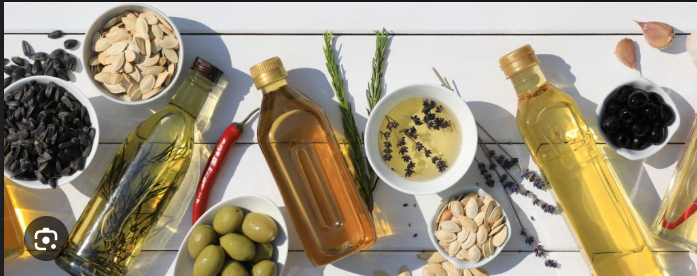
Saturated, monounsaturated, and polyunsaturated fats are all present in variable proportions in vegetable oils and seed oils. Some of these fats are necessary for a healthy, balanced diet.
Critics of seed oils have focused on polyunsaturated fats (PUFAs), which include both omega-3 and omega-6 fatty acids. Omega-3, which is present in foods like salmon, tuna, and walnuts, is essential for the health of the heart and brain.
According to Nancy Farrell, a registered dietitian nutritionist and spokesperson for the Academy of Nutrition and Dietetics with a practice in Fredericksburg, Virginia, “research has suggested that omega-3 fatty acids may help to decrease the risk of blood clots, improve blood lipid levels, decrease blood pressure, protect against irregular heartbeats, and suppress inflammation, thereby supporting brain health and decreasing the risk of some cancers.”
Omega-6 has a less reputable history. Linoleic acid is the most prevalent omega-6 fatty acid. Linoleic acid is changed by the body into arachidonic acid, a polyunsaturated fatty acid that has been connected to both inflammatory and non-inflammatory responses in the body.
Previously, omega-6 fatty acids were largely considered unhealthy because of their link to inflammation, says Dr. Marijane Hynes, clinical professor of medicine at the George Washington University School of Medicine and Health Sciences in Washington, D.C. But much of those conclusions were based on small or animal- and lab-based studies with little statistical significance or reliability.
Considering Oils Within a Balanced Diet
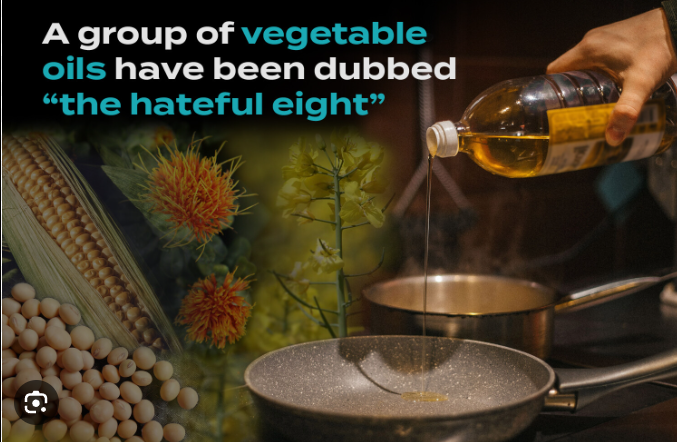
When used appropriately, vegetable oils are not the bad guys they’ve been made out to be. However, because some oils often appear in unhealthy foods, such as french fries and onion rings, as well as cookies and candy, you’re better off getting fatty acids from whole foods, such as fish (salmon, mackerel, and herring), sunflower seeds, tofu, peanut butter, eggs, chia seeds, and nuts.
Keep serving sizes small, swap out oils when you can, and make sure you’re eating a colorful collection of nutrient-dense foods. You might start with tips inspired by the Mediterranean diet: Eating lean proteins mixed with fresh produce and whole grains (and a smattering of extra-virgin olive oil) can be the foundation of a healthy, long-lasting eating pattern.
also read-Harnessing the Healing Power Of Harshingar Flowers: A Natural Remedy For Health
images source: google







